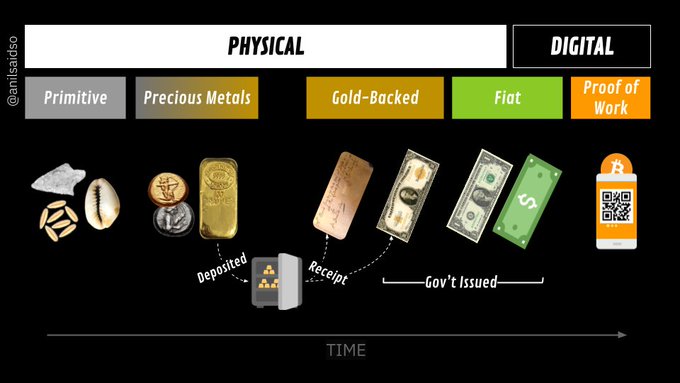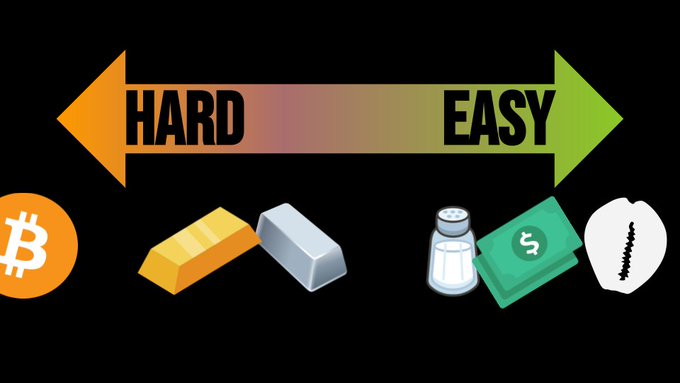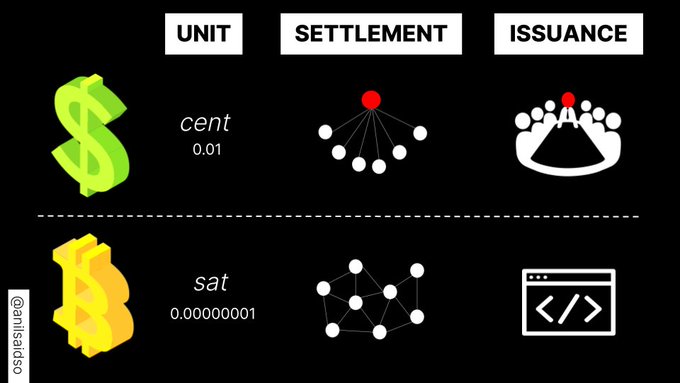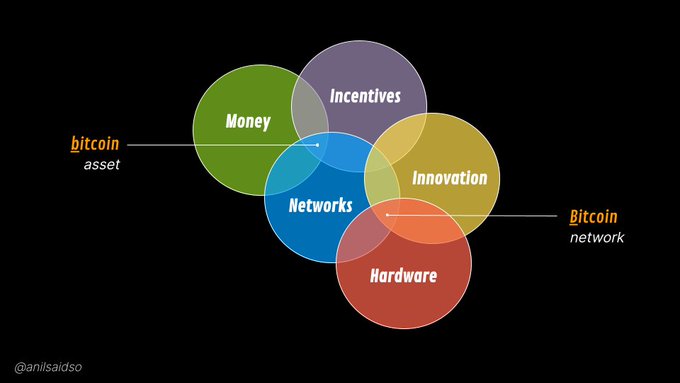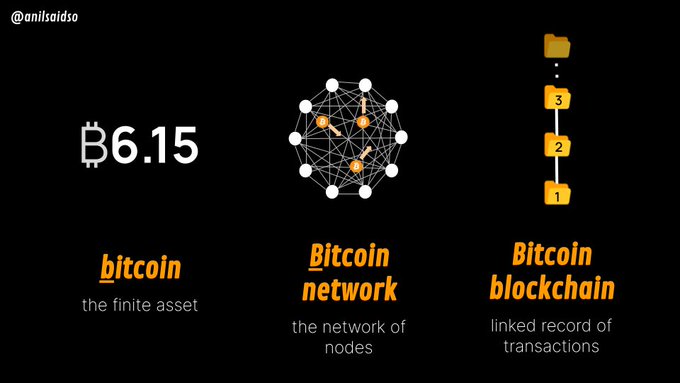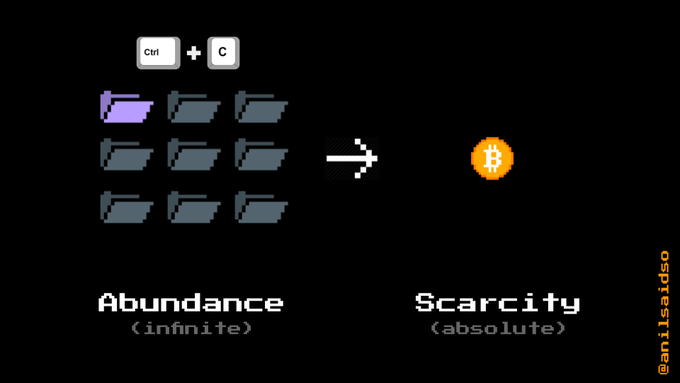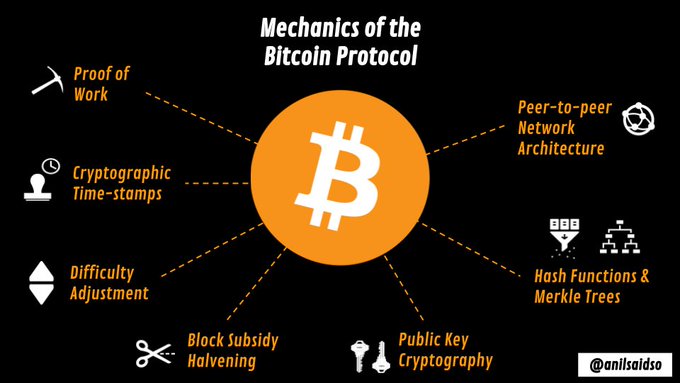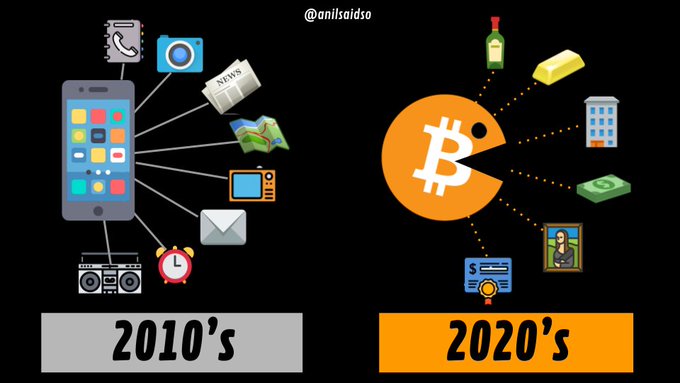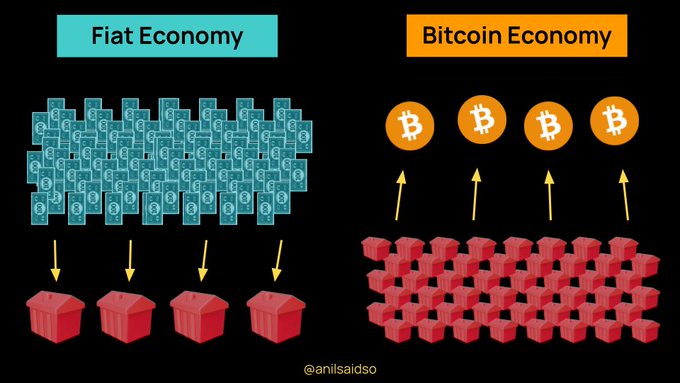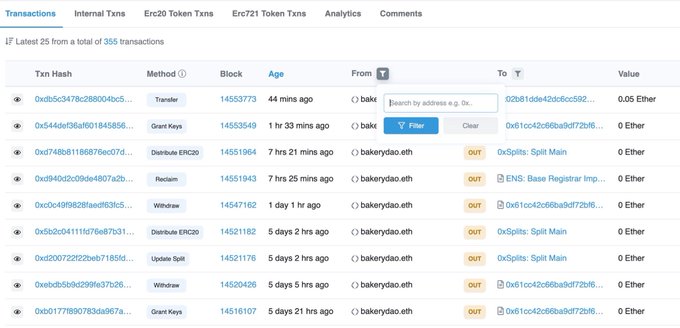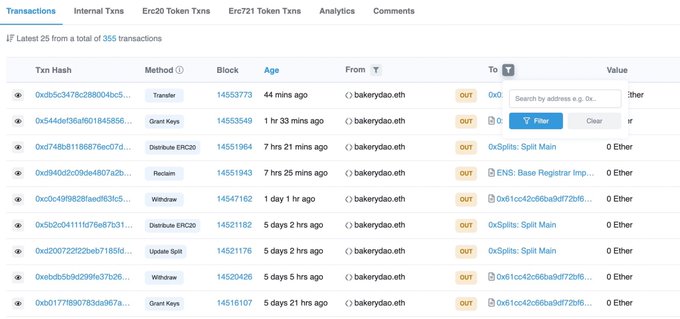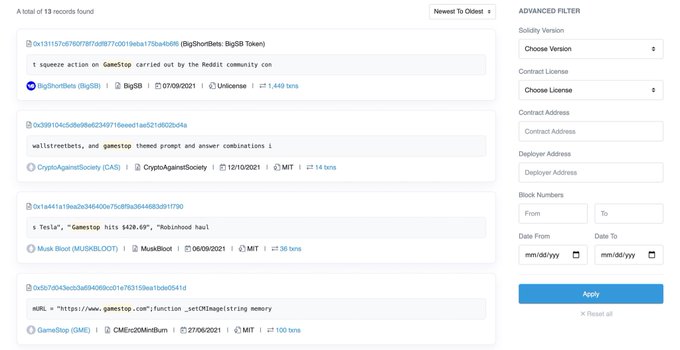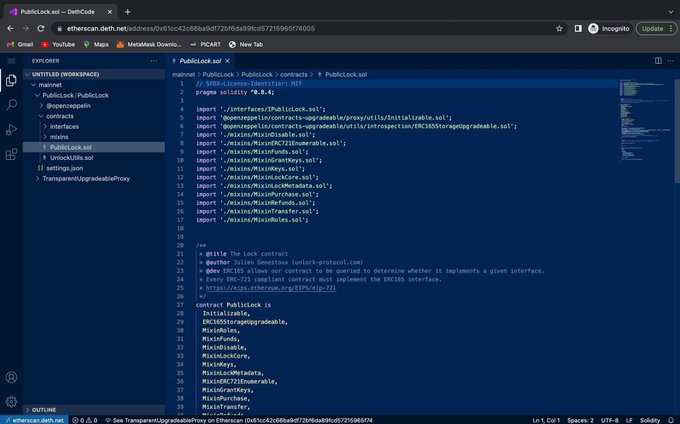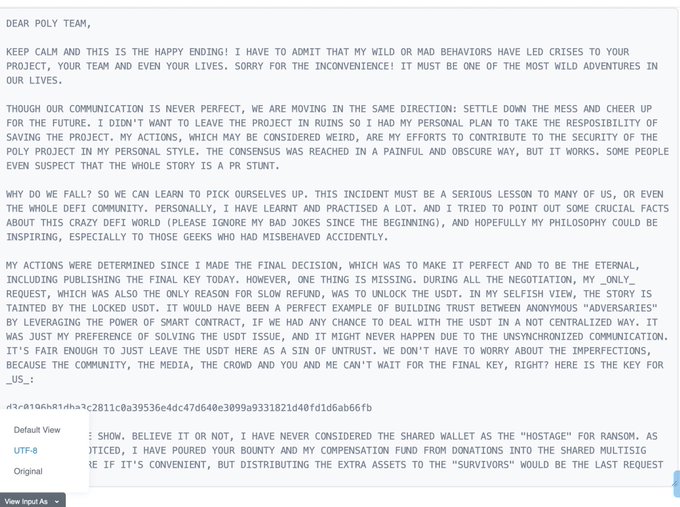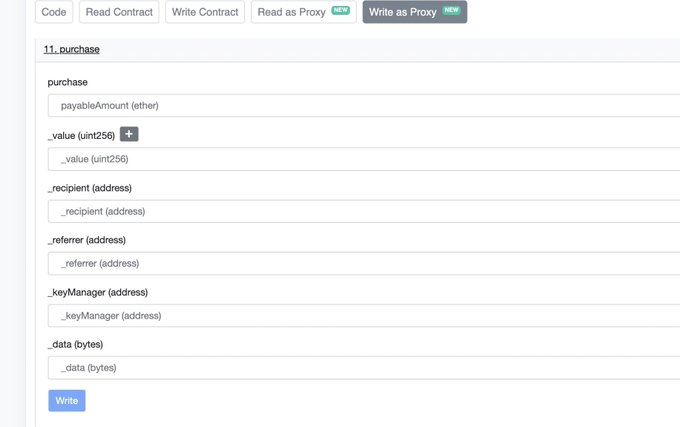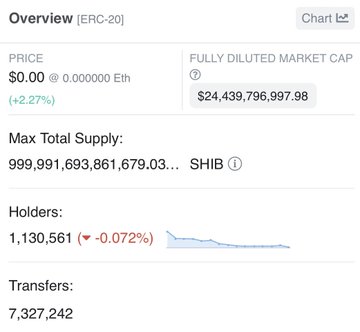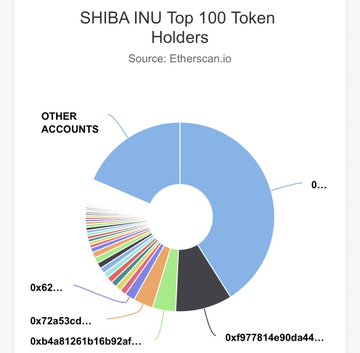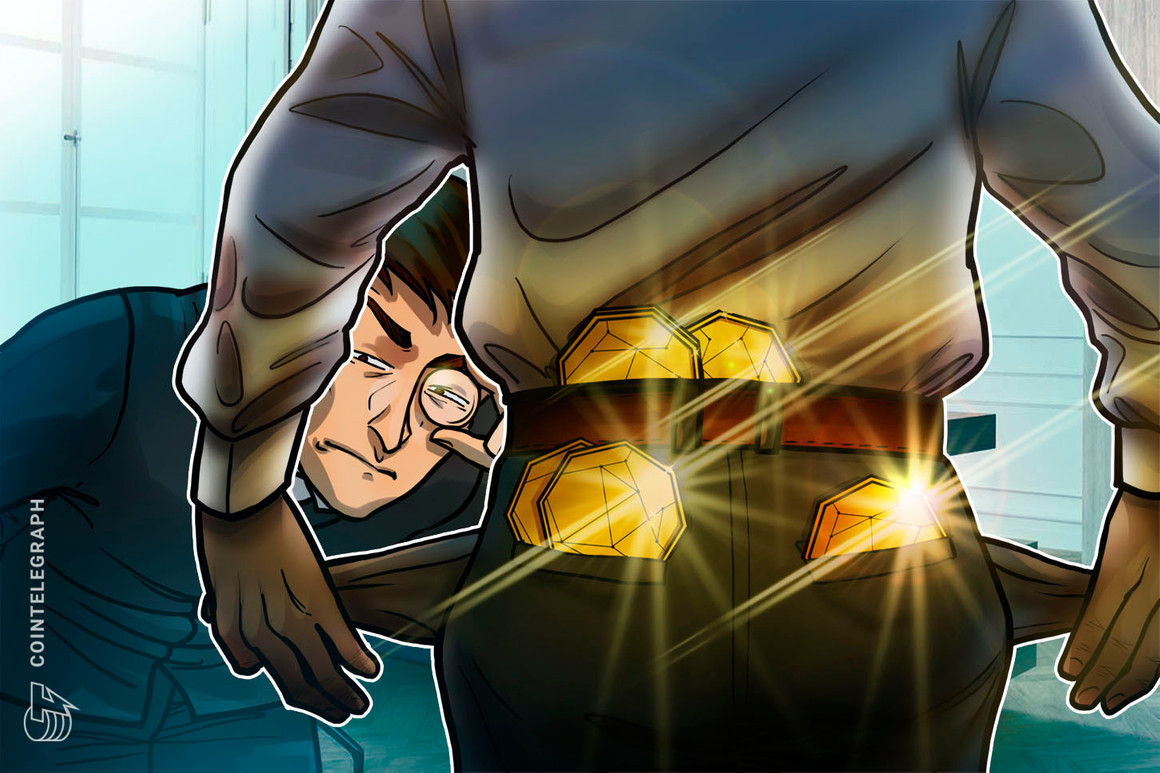-
De
chevron_right
Daily Dose: Kasparov Is All-In
pubsub.dcentralisedmedia.com / Decentralized Today · Tuesday, 5 July, 2022 - 10:15 · 5 minutes

Garry Kasparov, the Russian chess grandmaster and chair of the Human Rights Foundation, doesn’t appear at all bothered by the current crypto bear market. Kasparov, who is also a long-time Bitcoin supporter , told Cointelegraph during Consensus 2022 “so what” in regards to his thoughts on the bear market. Kasparov added that he thinks 99% of all coins are “crap,” yet he expressed that both Bitcoin ( BTC ) and Ethereum ( ETH ) are already integrated into traditional financial markets due to recent price fluctuations. He said:
“They'll lose a bit more, but they’ll also gain more, which shows that these are already being integrated into the financial system. This is what the whole history of the stock market is about. It's about people making tons of money and then losing a lot of money. But right now,even without recognizing it, the financial markets have already incorporated Bitcoin and Ether and other related currencies into the system.”
The NFT market will rebound
Kasparov also remains confident that the market for nonfungible tokens, or NFTs, will make a comeback as the world becomes more digital. While the market for NFTs has certainly slowed from its peak, a recent industry report from DaapRadar showed NFT sale volumes at $3.7 billion in May. Although volumes were down 20% from April, Kasparov believes that the NFT market will rebound as the world continues to rely on digital transactions.
Kasparov further shared his thoughts on why he launched an NFT collection last December with the NFT marketplace 1Kind. According to Kasparov, he wanted to understand how the process worked in addition to having his life displayed digitally. He said:
“I think the collection is pretty unique. It's probably the first attempt to have my entire life displayed from the early days of my childhood, to the shift of my career from being a professional chess player to a political and human rights activist.”
According to Kasparov, the scoresheet from the game he played and won against Soviet chess grandmaster, Anatoly Karpov, sold for 51 ETH. “The big item in my collection was my score. November 9, 1985 was when I became the World Chess Champion.”
_____
Crypto contagion claims another casualty. In a statement, Singapore-based crypto exchange Vauld has made the “difficult decision to suspend all withdrawals, trading and deposits on the Vauld platform with immediate effect.”
In what appears to be a run on the crypto bank, the group intends to “apply to the Singapore courts for a moratorium,” as Vauld customers have tried to withdraw an “excess of a $197.7 million since 12 June 2022.”
The decision to suspend withdrawals is a screeching U-turn. Reportedly, Vauld boasted $1 billion assets under management in May this year, while on June 16, a company email stated that business would “continue to operate as usual.” Just 18 days later, the company is exploring “potential restructuring options.”
On June 21, CEO Darshan Bathija tweeted that Vauld had cut its team by 30% — the first sign that the company was under duress. Separately, Bathija also stressed that Three Arrows Capital (3AC) was an early investor in the company, but had exited in late 2021.
The statement from Vauld suggests that “volatile market conditions, the financial difficulties of our key business partners inevitably affecting us, and the current market climate” were reasons behind their decision to freeze customers’ money.
Nonetheless, 3AC’s demise is cited and considered a significant contributor to capitulation among centralized finance (CeFi) companies. 3AC had substantial exposure to Luna Classic (LUNC), which blew up in spectacular fashion, reducing 3AC’s holdings from $560 million to $670.
Indeed, Vauld follows in the footsteps of large CeFi platforms such as Celsius, Voyager and BlockFi. Voyager explicitly blamed 3AC for their recent decision to freeze customers’ funds and BlockFi is close to a $240 million deal with FTX following financial difficulties, while plans to salvage Celsius from bankruptcy were recently shared by lead investor BnkToTheFuture.
For crypto investigative journalist Otterooo, Vauld’s strife is more motivation for investors to hold their own keys. Holding onto one’s private keys is a guiding principle of crypto investing : If you do not hold your own keys, you do not own your coins.
As Cointelegraph reported in a March 2021 press release, Vauld boasted double-digit interest rates on popular stablecoins such as Tether ( USDT ) and Dai ( DAI ), while Bitcoin ( BTC ) interest could reach 7.23%. In effect, in “lending” your cryptocurrency tokens to Vauld, you would generate a yield. However, the company effectively owns your assets.
_____
The Monetary Authority of Singapore, or MAS, has been “carefully considering” adding restrictions that could affect how retail investors handle crypto, according to one of the government’s senior ministers.
According to parliamentary records published on Monday, Singapore senior minister and MAS chair Tharman Shanmugaratnam said the financial watchdog may consider “placing limits on retail participation” for crypto investors as well as introducing rules on the use of leverage for crypto transactions. Shanmugaratnam also called for regulatory clarity among financial regulators around the world, “given the borderless nature of cryptocurrency markets.”
In January, the MAS barred crypto service providers from advertising or marketing in public spaces, and was behind regulations to shut down crypto ATMs in Singapore — services that seemingly show “cryptocurrency trading being portrayed in a manner that trivialises its risks.” According to the MAS, the country’s Payment Services Act empowers the regulator to impose additional restrictions on crypto service providers ”to ensure better consumer protection, and to maintain financial stability and safeguard the efficacy of monetary policy.”
The financial watchdog said that “recent events” — likely referring to extreme volatility in the prices of major cryptocurrencies including Bitcoin ( BTC ) — highlighted the risks of crypto investments. On June 30, the MAS reprimanded Three Arrows Capital for allegedly “providing false information and exceeding assets under management threshold.” The Singapore-based company may be facing liquidation amid reports it failed to meet margin calls from its lenders.
Amid the market downturn, the MAS continues to consider giving the regulatory green light to companies handling digital assets in Singapore. In June, the financial regulator granted Crypto.com an in-principle approval , allowing the crypto exchange to provide certain payment services in the country. Crypto companies including Bitstamp Limited, Coinbase Singapore and Gemini Trust have been granted exemptions for having a license in Singapore, while Binance announced plans to shutter its operations in the country in February.
_____
This Daily Dose was brought to you by Cointelegraph.







